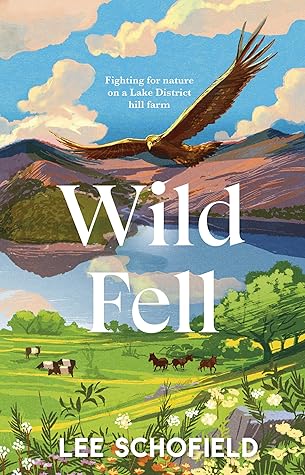Kindle Notes & Highlights
Read between
April 3 - April 6, 2024
they aren’t now the UK’s largest bird of prey, having been beaten to the top spot by reintroduced white-tailed eagles,
In the UK, an altitude of 2,000ft (610m) is used to distinguish between a hill and a mountain.
The only constant is change, so said Heraclitus.
dwarf willow, the world’s smallest tree, reaching its lofty maximum height of a few centimetres,
There’s lots of evidence to suggest that landscapes with trees help to reduce flood risk, compared with open terrain. Trees and the thicker vegetation that develops around them if livestock are excluded increase the ground’s roughness, making it harder for water to flow over the surface. Just as the pine forests in the Alps protect mountain villages from avalanche, trees can also act as a brake to earth and rock released in a landslide. Their roots help water to get into the ground more quickly and to penetrate to greater depths, as well as physically binding the soil in place.
Trees are close to a silver bullet. That they can reduce flood risk, and lock up carbon, and support more wildlife seems almost too good to be true.
There is more carbon in the soil than there is in the atmosphere and all the world’s plants and animals combined. Our management of the land can either build up or degrade this mighty carbon store. Where land is sensitively managed and the web of life in the soil is properly functioning, decomposing plant tissues are converted into new soil, locking the carbon they are made of into the ground. Where soils are degraded, compacted, overgrazed and overworked, they switch from being a carbon sink to a carbon source. Trees get all the press as a tool to fight climate change, but soils have the
...more
Helm Wind, a locally infamous and fearsome north-easterly, and the UK’s only wind to have a name.


